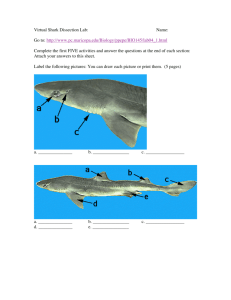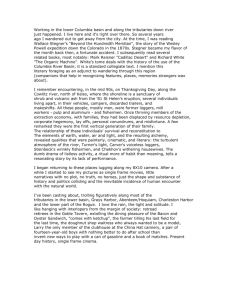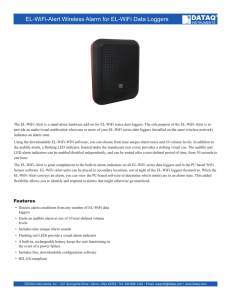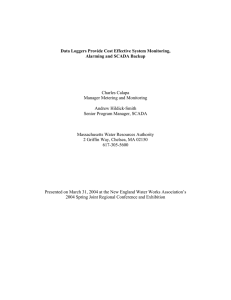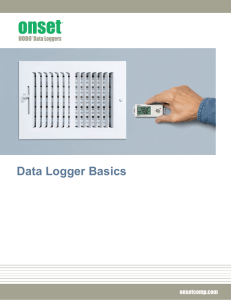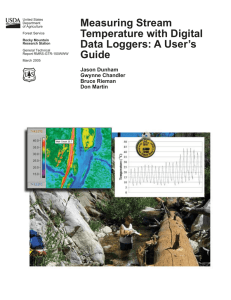ppt - Courseweb - University of North Texas
advertisement
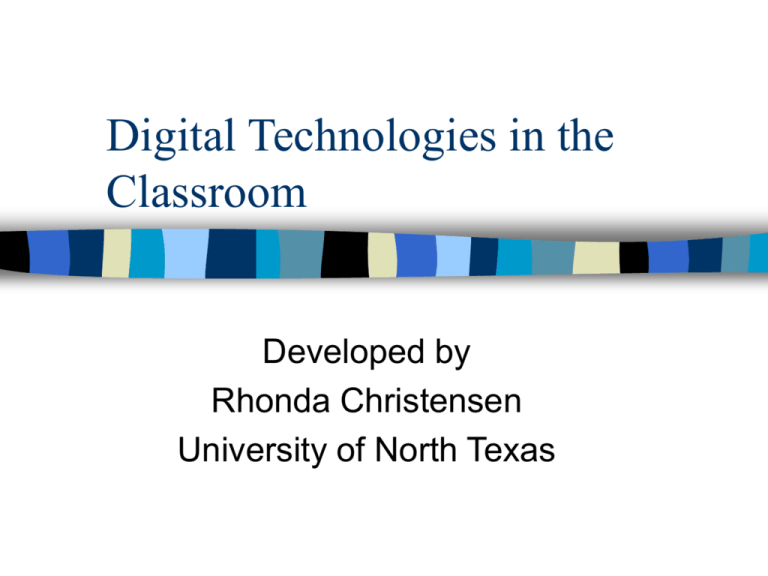
Digital Technologies in the Classroom Developed by Rhonda Christensen University of North Texas Digital Gadgets or Personal Educational Tools (PETs)? Digital Cameras Pedometers GPS Data loggers E-book readers MP3 player Digital Technologies to Support Teaching and Learning Scanners - convert printed material or images into digital format – Kids can scan images from books or other printed sources to include in multimedia presentations – Original artwork by students can be put into a digital format to be shared (posted on the web or in a multimedia project. Digital Technologies to Support Teaching and Learning Digital Cameras store images digitally rather than on film. Digital Cameras are becoming ubiquitous therefore less expensive. There are 1000s of uses in education. Great for visual learners - visual literacy. Digital Technologies to Support Teaching and Learning Graphics Tablets - Uses a stylus to write on an electronic pad – Art students can hand draw into a digital format that can then be manipulated, enhanced, etc. Digital Technologies to Support Teaching and Learning Tablet PCs - Convert handwriting into word processing; drawings become graphics files Digital Technologies to Support Teaching and Learning Electronic Whiteboards are becoming more common in schools. They allow students to be interactive while learning. Information written on the electronic board can be saved and retrieved/shared. Digital Technologies to Support Teaching and Learning Data Projectors allow teachers to project images from a computer or video source. The improved lamps allow the lights to remain on! Digital Technologies to Support Teaching and Learning Wireless Devices allow computers and handhelds to be on a network without wires. Wireless networks allow flexibility and mobility. Schools can avoid wired infrastructure. Digital Technologies to Support Teaching and Learning Handheld Computers are portable and powerful! QuickTime™ and a TIFF (LZW) decompressor are needed to see this picture. QuickTime™ and a TIFF (LZW) decompressor are needed to see this picture. http://www.k12handhelds.com Digital Technologies to Support Teaching and Learning E-books are digital books that can be read on handheld computers. You can take notes on books as you read. The Gutenberg Project has free books to download to your e-book reader. Digital Technologies to Support Teaching and Learning MP3 Players “A is for Apple” on iPod - Carrollton Farmers Branch ISD is giving out iPods to Kindergarten students for language development French teachers are using them for foreign language practice. Digital Technologies to Support Teaching and Learning Data loggers allow students to track information via a small instrument. Many types of data loggers exist. – Temperature, wind speed, air pressure, humidity, barometric pressure, AC current, carbon monoxide, carbon dioxide, light intensity, rainfall, soil moisture, motion, pulse count and more. Digital Technologies to Support Teaching and Learning Pedometers are a type of data logger. Students can log their activity individually and/or as a group. PE Central allows students to log their steps. Digital Technologies to Support Teaching and Learning Global Positioning Systems (GPS) - common in cars, boats and cell phones -24 satellites continuously broadcast position and time data to users throughout the world! – Free to the world; developed by the Dept. or Defense Students can use them to determine locations - Locations are shown in longitude and latitude Geocaching is a high tech treasure hunt. How Do We Have So Much Power in the Palm of Our Hands? Chips are becoming faster and more powerful AND smaller! Emerging Digital Tools Virtual Environments create 3-D environments that simulate reality. Virtual Reality can take students on “virtual” trips to places they may never visit otherwise. Virtual Frog Dissection may be possible when real dissection is not. Virtual Field Trips and Labs are abundant on the Internet. How Can You Use These Tools in Your Classroom? Get into groups of 2 - 3. Select a digital technology. Determine how you could use this tool to enhance learning in the classroom. Give the subject area, the topic area and the learning objective. Be prepared to share your great ideas with the class!


